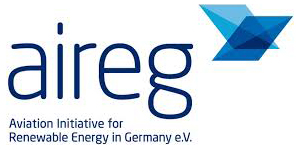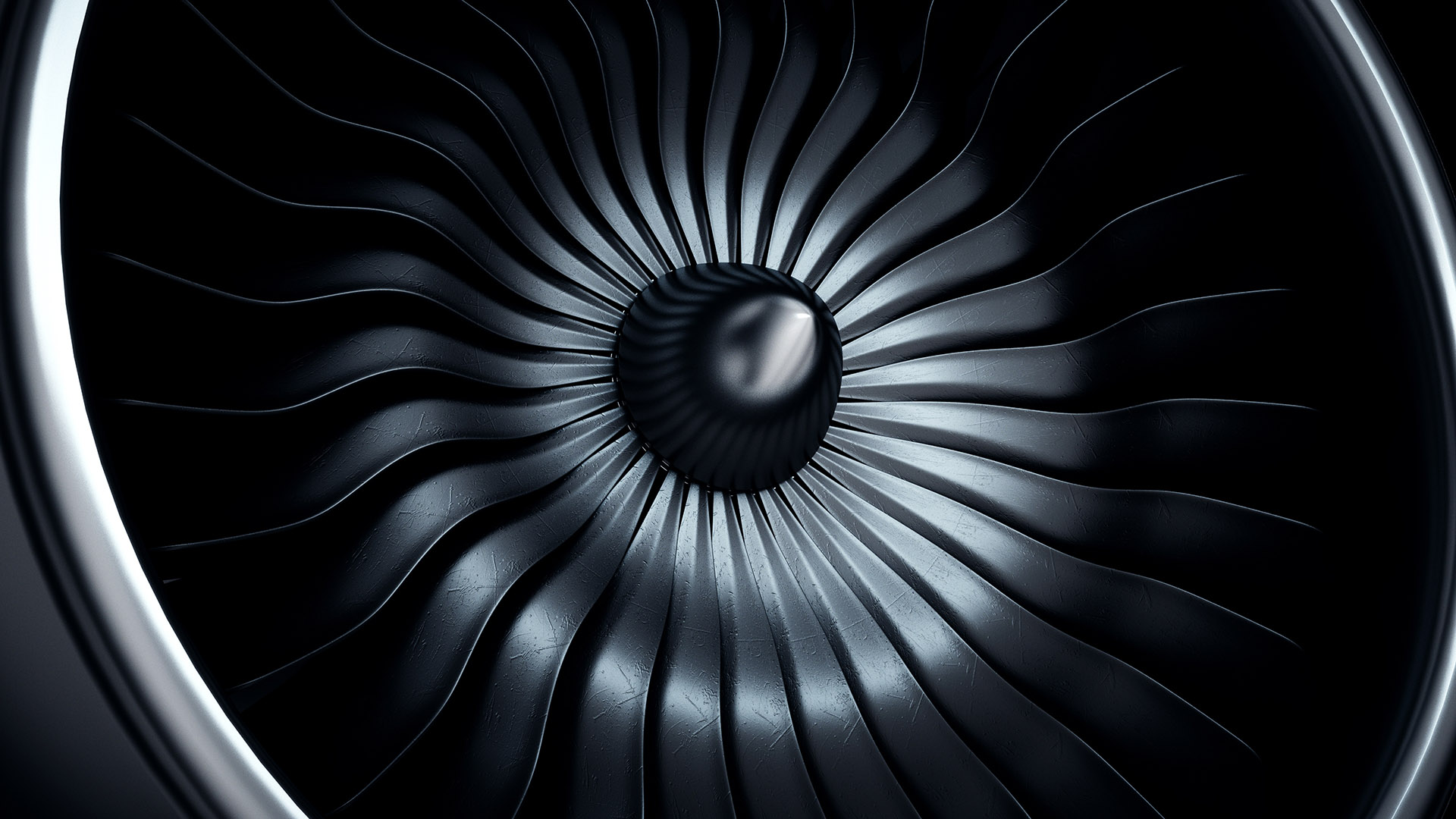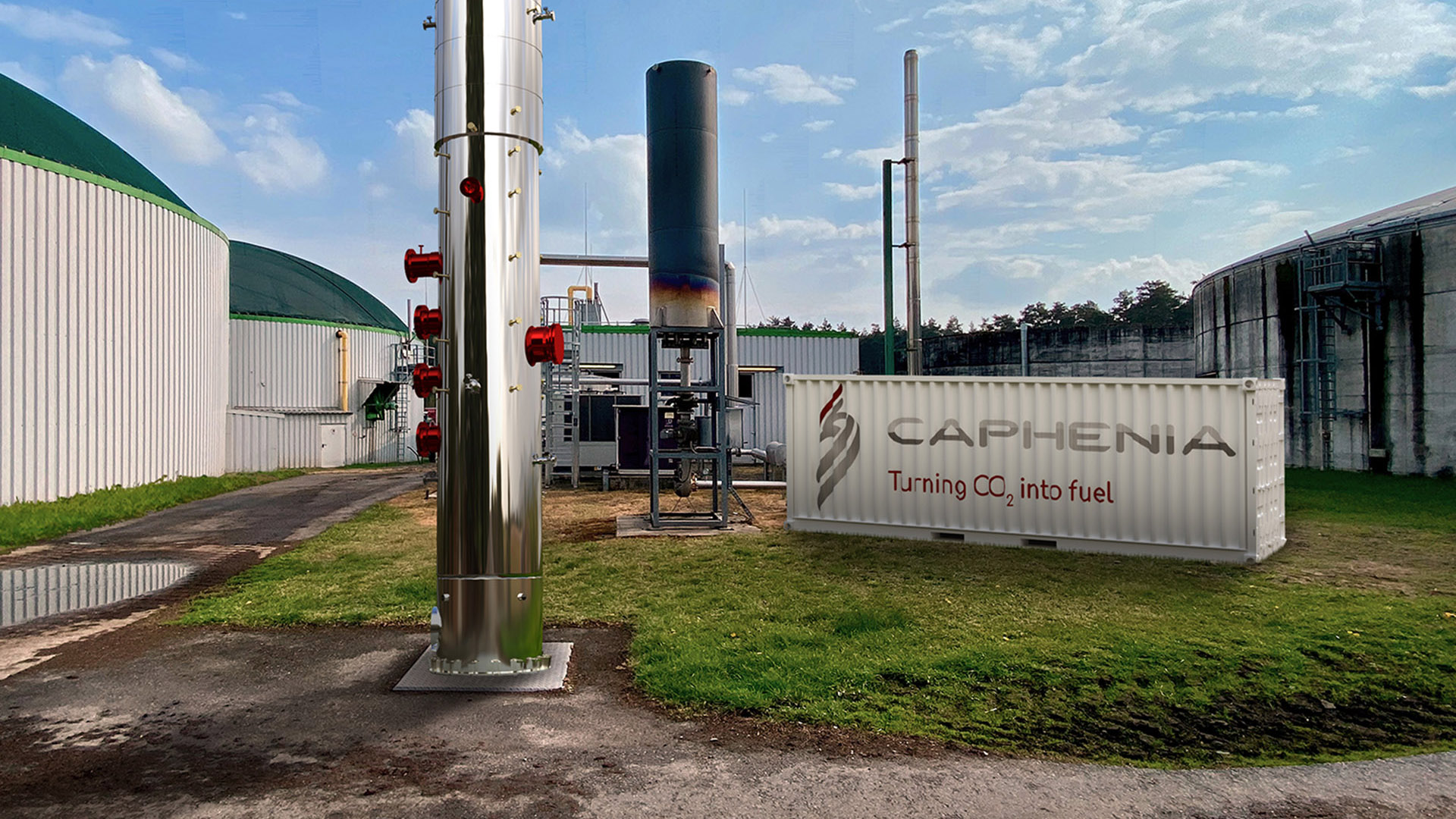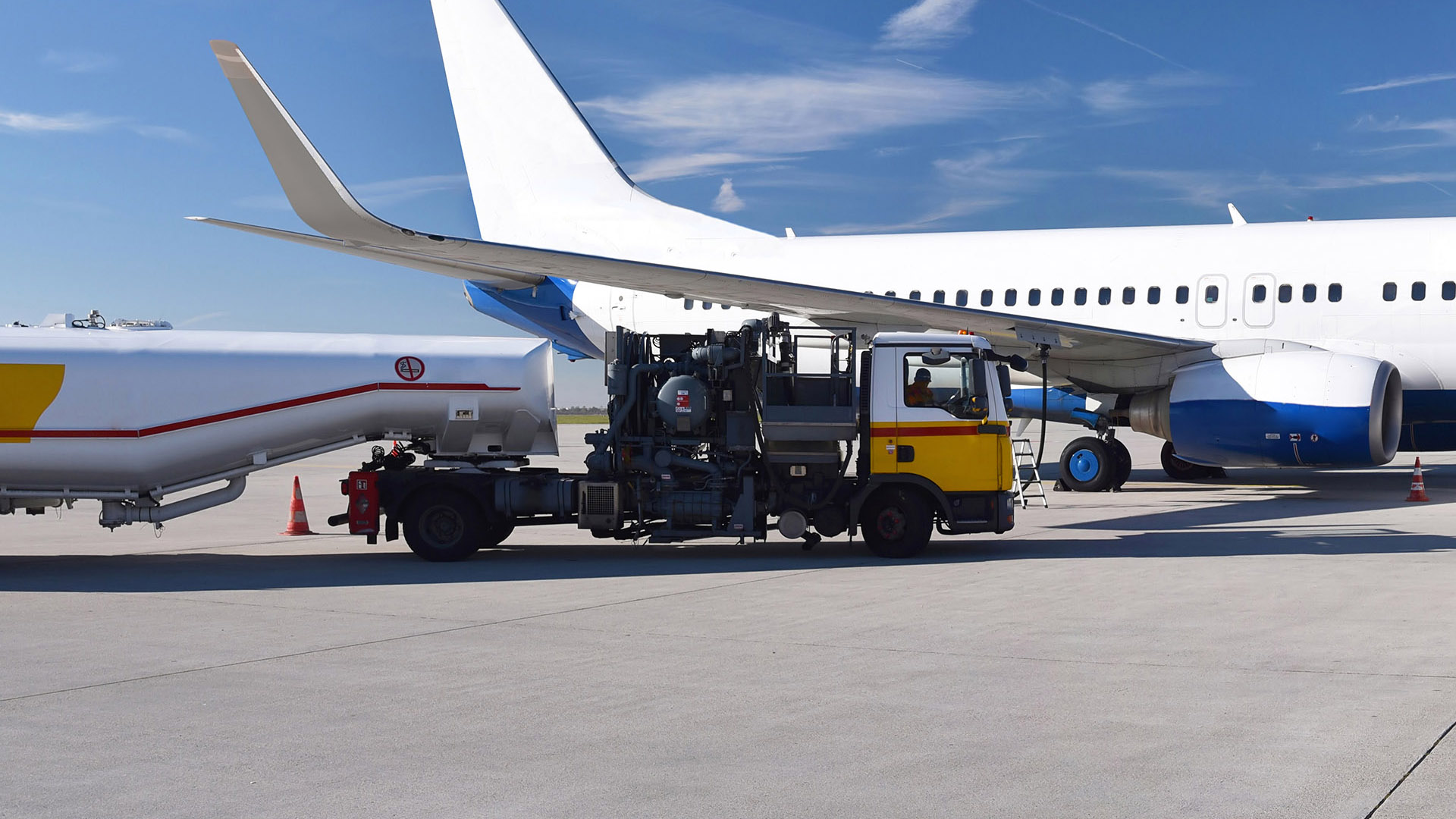aireg roadmap “Sustainable aviation fuels” published
Since its foundation, CAPHENIA has been involved with the “Aviation Initiative for Renewable Energy in Germany e.V.” – aireg for short – in order to advance the goal of introducing sustainable aviation fuels to the market together with other stakeholders.
aireg has now published the new “Roadmap Sustainable Aviation Fuels – Status, Options, Needs for Action”. It describes the status quo, shows SAF options across the board and points out the need for action that is necessary for the production and market introduction of sustainable synthetic paraffin and thus crucial for sustainable aviation.
SAF is an elementary step on the way to achieving the overarching political goal of defossilising aviation. Alternative technologies, such as hydrogen engines, are still decades away from widespread use. That is why the members of aireg are committed to identifying ways in this roadmap to resolve the chicken-and-egg problem between manufacturers and consumers of SAF: the significantly higher manufacturing costs on the one hand and the lack of willingness to purchase due to the associated higher prices on the other.
“What is important here,” says Prof. Kaltschmitt, member of the aireg board and institute director at TU Hamburg, “is to make the entire range of sustainable, renewable raw materials, such as organic municipal waste, agricultural and forestry by-products, and used cooking oils and fats, usable in addition to the PtL route. These SAF options are already available in parts today and will be available in large quantities in a few years; they can thus be used quickly and can be expected to achieve 80 per cent CO2 reductions in the near future.”
“We cannot afford to wait 10 to 15 years for larger quantities of electricity-based paraffin (PtL) that may then be available. Why only focus on the 100 per cent option in the distant future when aviation can be supported in achieving its greenhouse gas reduction targets tomorrow with other technology paths and at least 50 per cent less CO2 emissions – and still relatively cost-effectively,” said Kay Kratky, aireg President Industry and Aviation.
Although, from the manufacturers’ point of view, there are already enough sustainable raw materials available in 2030 to satisfy the entire paraffin demand of global aviation, the aireg members are also explicitly in favour of investing quickly in the development of production facilities for PtL fuels. A joint effort by industry, politics, research and society is needed to take the necessary action to ramp up production. This includes overcoming technological challenges, a supportive legal framework including a quota, and innovative solutions for financing the transition. In this way, we create the preconditions and support aviation’s ambition to continue to grow – in a more climate-friendly and environmentally friendly way.

About aireg e.V.: aireg – Aviation Initiative for Renewable Energy in Germany e.V. was founded in 2011 as an association of companies and organisations from industry, research and science. As a non-profit initiative, aireg promotes the availability and use of renewable energies in aviation in order to achieve the ambitious CO2 reduction targets of the aviation industry. Members come from all sectors of the aviation renewable energy value chain: this ranges from research at universities and major research institutions, equipment manufacturers and operators, biorefineries, the petroleum industry, propulsion and aircraft manufacturers, governmental organisations, non-governmental organisations and airports to airlines. The industrial members internationally cover the range from start-ups to large corporations.






